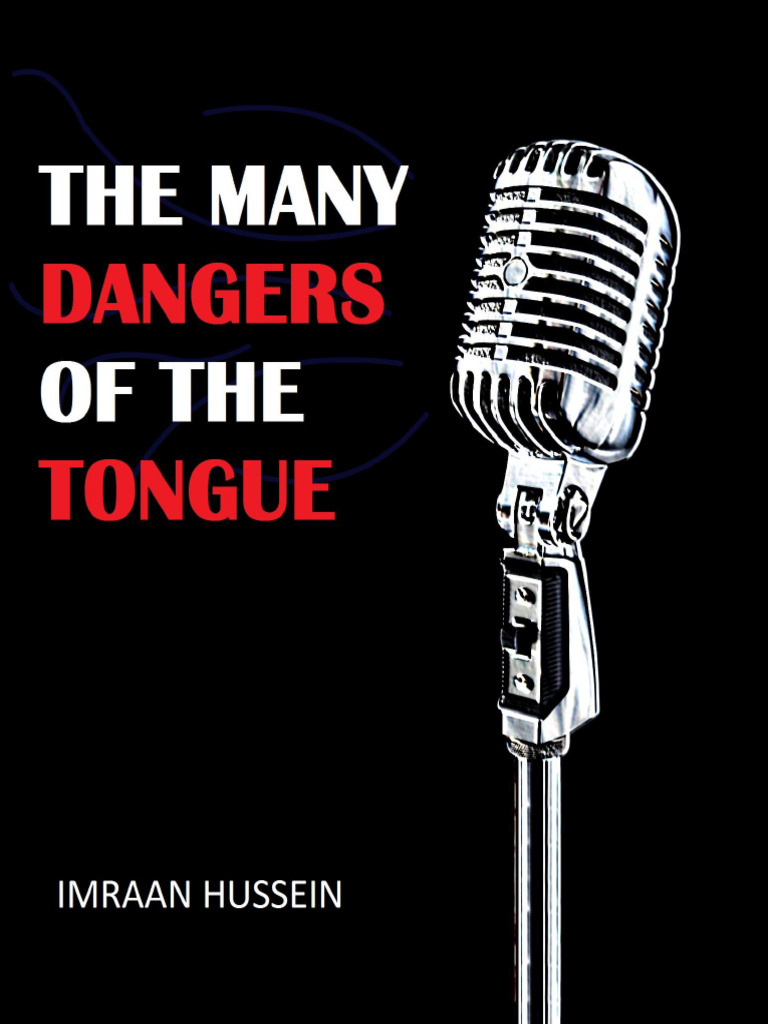The Bahá’í teachings offer a profound insight into the significance of our verbal expressions and the moral ramifications of our communicative choices. Among these teachings, the topic of backbiting emerges as a particularly insidious form of social misconduct, often cloaked in the guise of harmless gossip or candid discourse. This phenomenon, referred to as the “sleight of tongue,” serves as a symbolic representation of how effortlessly and stealthily one can inflict harm upon others through words. The essence of backbiting transcends mere spoken words; it intertwines with the very fabric of our moral responsibilities as members of a global society.
To appreciate fully the depth of this matter, we must first unearth the philosophical underpinnings of why backbiting is detrimental not only to the individual being spoken about but also to the community at large. The Bahá’í writings emphasize the interconnectedness of humanity. We are likened to the various limbs of a single body; when one limb suffers, the whole being does not remain unscathed. This vivid metaphor encapsulates the reality that disparaging remarks about one person engender an atmosphere of distrust and animosity that permeates the larger community.
In exploring the dangers of backbiting, it is prudent to dissect its psychological implications. Engaging in backbiting can lead to a deleterious cycle where one’s self-esteem is inadvertently eroded. In attempting to elevate oneself through the denigration of another, one risks an insatiable thirst for validation that becomes increasingly shallow. The act of belittling others in conversations often reflects and magnifies one’s insecurities, creating an unvirtuous cycle where individuals seek to fulfill their own emotional deficiencies at the expense of others.
Furthermore, the linguistics of backbiting warrants scrutiny. Words possess immeasurable power; they have the ability to uplift spirits or shatter self-worth. The Bahá’í teachings assert that every word is a reflection of our inner thought processes. In this context, the act of backbiting unveils a dissonance—a betrayal of one’s own moral ideals. When we engage in subtle slander, we are, in essence, utilizing eloquent weaponry against our fellow beings. Consequently, the emotional scars inflicted can linger far beyond the temporality of the spoken word, potentially altering individuals’ perceptions of themselves and their place in the community.
The Bahá’í approach to mitigating backbiting advocates for a transformative practice centered on empathy and understanding. By exchanging the dark art of gossip for the virtuous light of compassionate communication, we are invited to navigate the complex landscape of human interaction with integrity and respect. This does not imply a suppression of honest opinions or genuine discourse. Rather, it suggests the importance of fostering an environment where dialogue is rooted in love and constructive feedback rather than destructive criticism.
The teachings further elucidate that every interaction should ideally promote unity and harmony. Thus, refraining from backbiting becomes an exercise in cultivating a discerning mind and a compassionate heart. This paradigm shift necessitates a commitment to self-reflection. Before uttering a disparaging remark about another, one ought to pause and ponder whether the desire to express unflattering opinions stems from personal grievances or underlying feelings of inadequacy. In this light, the practice of self-regulation becomes paramount in the pursuit of societal cohesion.
The social impact of backbiting is magnified when we consider its infectious nature. Like a contagion, negative speech can spread rapidly through social networks, breeding divisiveness and dissension among previously harmonious groups. Communities that allow backbiting to proliferate often find themselves veering away from their cohesive purpose towards a realm of judgment and suspicion. The antidote lies in cultivating an ethos of dignity and respect for all individuals, promoting dialogues that emphasize positivity and goodwill.
In the sphere of personal relationships, adhering to the principles of the Bahá’í teachings fosters deeper, more authentic connections devoid of envy and malice. The act of celebrating others, rather than detracting from their worth, enriches interpersonal dynamics. Conversations steeped in positivity create an environment where individuals feel valued, seen, and appreciated. These uplifting exchanges act as the bedrock of human relationships, fostering an ethos of support and collaboration.
Additionally, confronting the tendency to backbite is integral to spiritual development. The Bahá’í faith encourages followers to view life as a continuum of opportunities for growth and enlightenment. Engaging in backbiting signifies a retreat from one’s spiritual path, steering individuals away from their true essence. Thus, the act of reframing our dialogues—not merely as words spoken, but as acts of service and devotion—encourages a profound transformation in both speaker and listener alike.
Ultimately, our tongue wields immense potential—destructive or constructive. By consciously choosing to eschew backbiting, we participate in a collective elevation of consciousness. The Bahá’í teachings invite us to transcend the allure of slanderous discourse and seek a more exalted expression of humanity characterized by kindness, respect, and unity. This transformational journey beckons each of us to embrace the power of our words and to channel that power toward the promotion of an inclusive and harmonious world.
